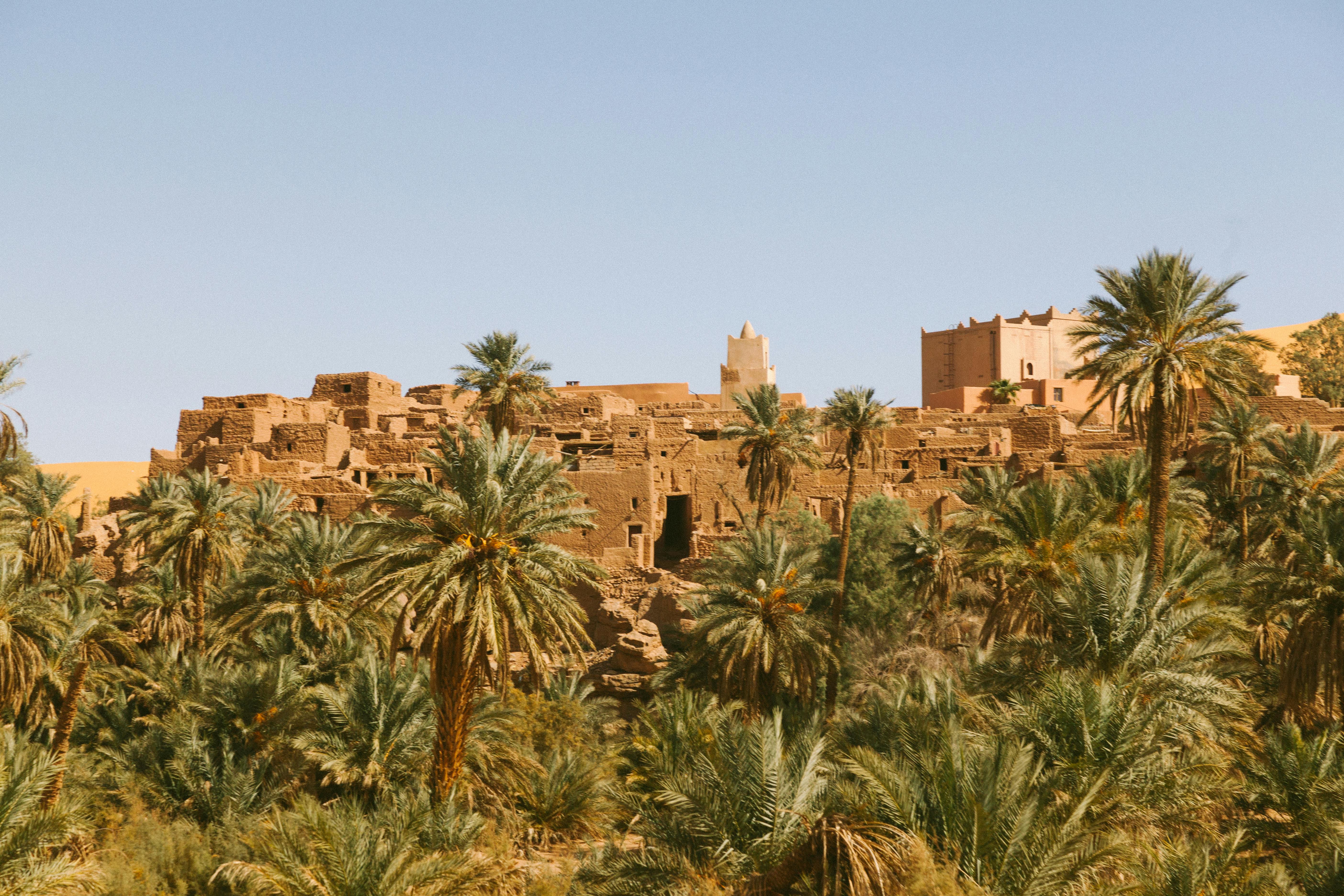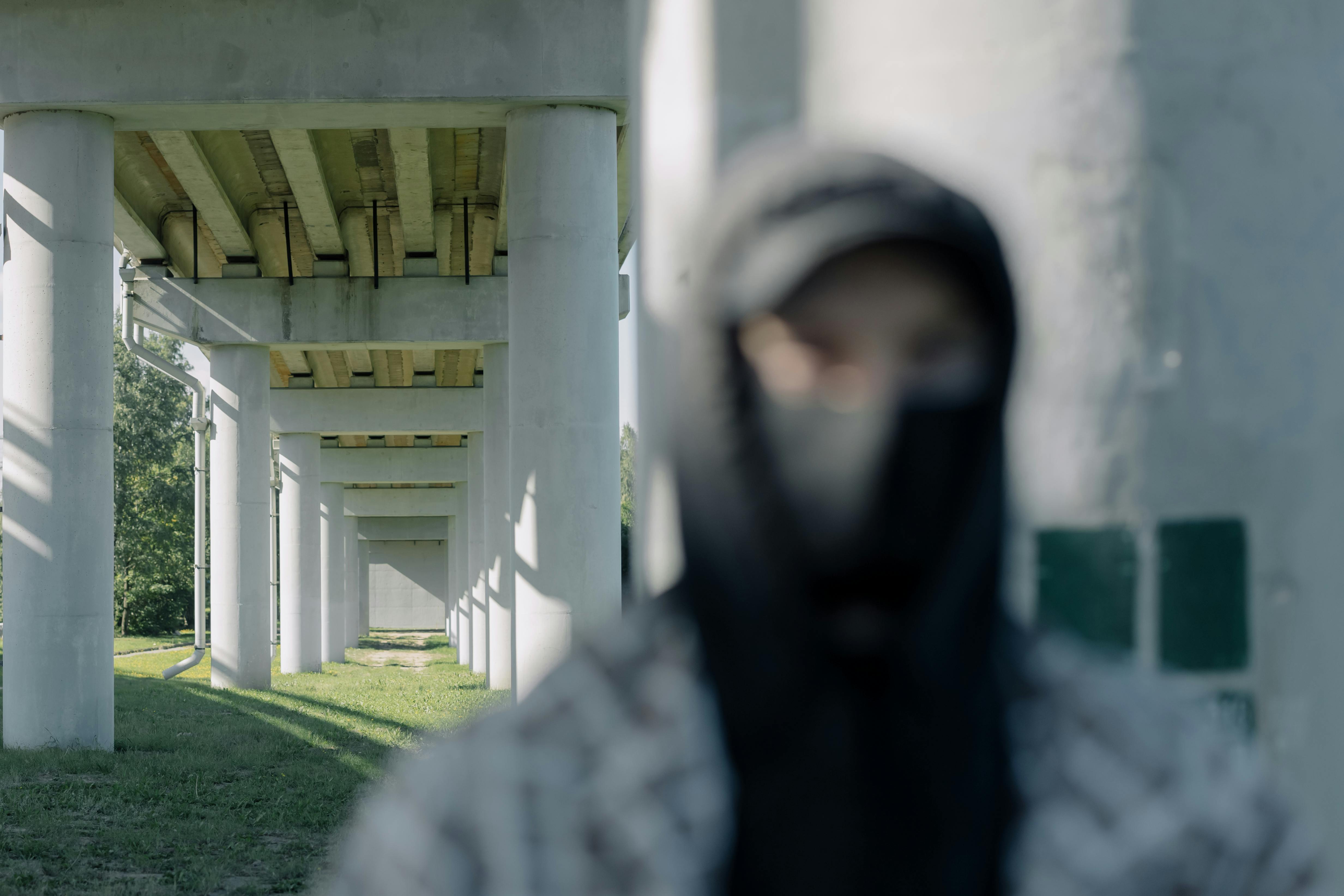What to look for when buying property abroad
There are many different types of property and many different places you could be looking to buy, but each place should have certain things in common. My goal here is to provide you with basic information that can help you know what to look for (and what to check) before buying property abroad.
No duplicate title or claim on the property
Each country will have a different name for the organization that has information about who has legal title to the house/condo/land you are inquiring about. In the United States, the county in which the property resides has information about the legal owner of that property. In Costa Rica, the National Registry has all the information about who has legal title to a property. Each property is assigned a ‘Folio Real’, which is a unique number, and the current owner, as well as the ownership history, are recorded in the National Registry whenever there is a movement on a property. If you are buying property in Costa Rica, you need to make sure that the person or company selling you the property is actually the owner. You can verify this yourself with the National Registry in San José, or you can use a reputable attorney to investigate the property. In either case, you or your attorney should check the National Registry.
water problems
When purchasing property in Costa Rica, you MUST be ABSOLUTELY SURE that water will not be a problem. This is especially true if you are interested in purchasing an undeveloped parcel of land. The community you are looking for will have what Costa Ricans call an asada…A&A. these are small local groups that control water rights. You should check with the A&A in your area to find out who is or will be supplying water to the property you are interested in. If you do not speak Spanish, please contact a licensed attorney for this specific purpose. Don’t just take the seller’s word that the property has water. They can be as honest as possible, but they can also be wrong. You must know for a fact that the property has water or where the water will come from.
The Urbanization, House or Condominium complex has obeyed all surveying and engineering laws.
I have heard and seen cases where some developments were built encroaching on a public street or where a condominium pool was built on an adjacent lot not owned by the developer. You can easily make sure that the Condominium you are buying has been approved by the College of Engineers, the architect and the Ministry of Health before buying. If the developer can’t show you the signed documents, think twice before buying. Don’t assume everything is fine just because development is pretty or costs a lot of money.
The construction is of good quality.
Make sure you know how the building was built. This is important because there are a lot of makeshift developers who buy cheap materials and skimp on things like rebar because they are expensive. You need to ask how much rebar they used and how much was used. You need to know if the walls are concrete or plaster. You need to know if the structure is concrete or if it is a metal beam. You need to know if the development is seismic based (in earthquake-prone areas) or built to hurricane standards (in a hurricane-prone area). Check things like the thickness of the wall between the units, how many and where the support beams are. Don’t just pay attention to little details like paint or cabinet knobs. Those don’t matter.
Telephone and Internet access
Unless you want to get away from it all and don’t have a phone or internet, it’s important that the property you buy comes ready for phone service and internet service. Many times you’ll have trouble getting either service, most likely because the provider doesn’t serve that area or simply because it’s a government-run monopoly that’s grossly inefficient. However, your job is to make sure the property is CAPABLE of receiving both of these services.
If possible, buy a furnished unit or house
The reason I suggest this is because in most countries outside of the United States, their supply is limited to some degree. In Costa Rica, you have a good selection of nice furniture, but it’s not as easy as getting in your car, driving 3 blocks to the nearest furniture store, and finding exactly what you like at a reasonable price. In Costa Rica, you will have to look, and that takes time and effort. Time and effort are scarce if you are only coming for a few weeks to vacation and have fun. There are many fine furniture stores, but there is always something. The furniture is close, beautiful but too expensive. Or the sofa you like is in San José, the table is in Sarchí, the beds are in Palmares and the rest is imported from Bali, but it costs a lot of money. My advice is to buy a house that is already furnished. If it is not furnished, arrange with the seller to have it furnished. You will save yourself a LOT of headaches.

